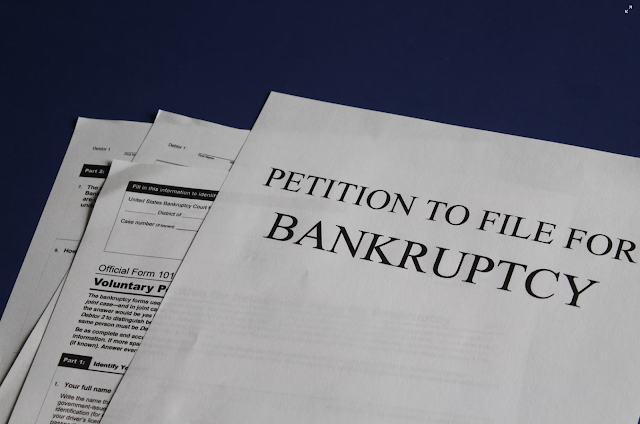From understanding the eligibility requirements to creating a repayment plan that works for you, having an experienced attorney by your side is crucial.
In this blog post, we will discuss the importance of hiring a bankruptcy attorney when filing for Chapter 13 bankruptcy and how they can help guide you through the process.
Understanding Chapter 13 Bankruptcy
Chapter 13 bankruptcy, also known as reorganization bankruptcy, allows individuals with a regular income to create a repayment plan to pay off their debts over a period of three to five years.
This type of bankruptcy is ideal for those who have a steady income and want to keep their assets while still working toward financial stability.
However, navigating the legal requirements and paperwork involved in filing for Chapter 13 can be overwhelming without the guidance of an attorney.
Creating a Feasible Repayment Plan
One of the key components of filing for Chapter 13 bankruptcy is creating a feasible repayment plan that satisfies both your creditors and the court.
An experienced bankruptcy attorney will work with you to analyze your financial situation, determine your disposable income, and create a repayment plan that fits within your budget.
They will ensure that your plan meets all legal requirements and increases your chances of approval by the court.
Protecting Your Assets
Another important reason to hire a bankruptcy attorney when filing for Chapter 13 is to protect your assets from being seized by creditors.
An attorney will help you understand which assets are exempt from liquidation under bankruptcy laws and assist you in retaining ownership of valuable property such as your home or car.
They will also provide guidance on how to navigate any challenges or disputes that may arise during the bankruptcy process.
Legal Expertise and Representation
Navigating the legal system can be daunting, especially when dealing with complex matters such as bankruptcy law.
Hiring a Chapter 13 bankruptcy attorney will provide you with valuable expertise and representation throughout the process.
They will handle communication with creditors, attend court hearings on your behalf, and ensure that all necessary paperwork is filed correctly and on time.
Peace of Mind
Above all, hiring a bankruptcy attorney when filing for Chapter 13 can provide you with peace of mind during what is likely a stressful time in your life.
Knowing that you have a knowledgeable advocate on your side who is working tirelessly to help you achieve financial stability can alleviate some of the burden associated with navigating bankruptcy proceedings.
Navigating Chapter 13 bankruptcy can be challenging, but having an experienced attorney by your side can make all the difference in achieving a successful outcome.
Final Thoughts
Navigating Chapter 13 bankruptcy can be challenging, but having an experienced attorney by your side can make all the difference in achieving a successful outcome.
From understanding the legal requirements to creating a feasible repayment plan and protecting your assets, an attorney will provide invaluable support throughout the process.
If you are considering filing for Chapter 13 bankruptcy, don't hesitate to reach out to a qualified attorney who can guide you through every step of the way.









